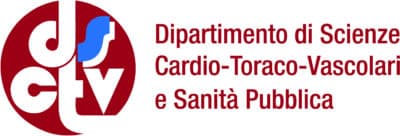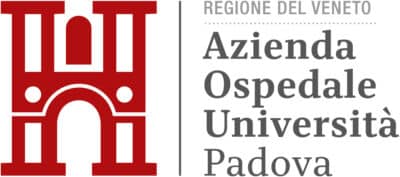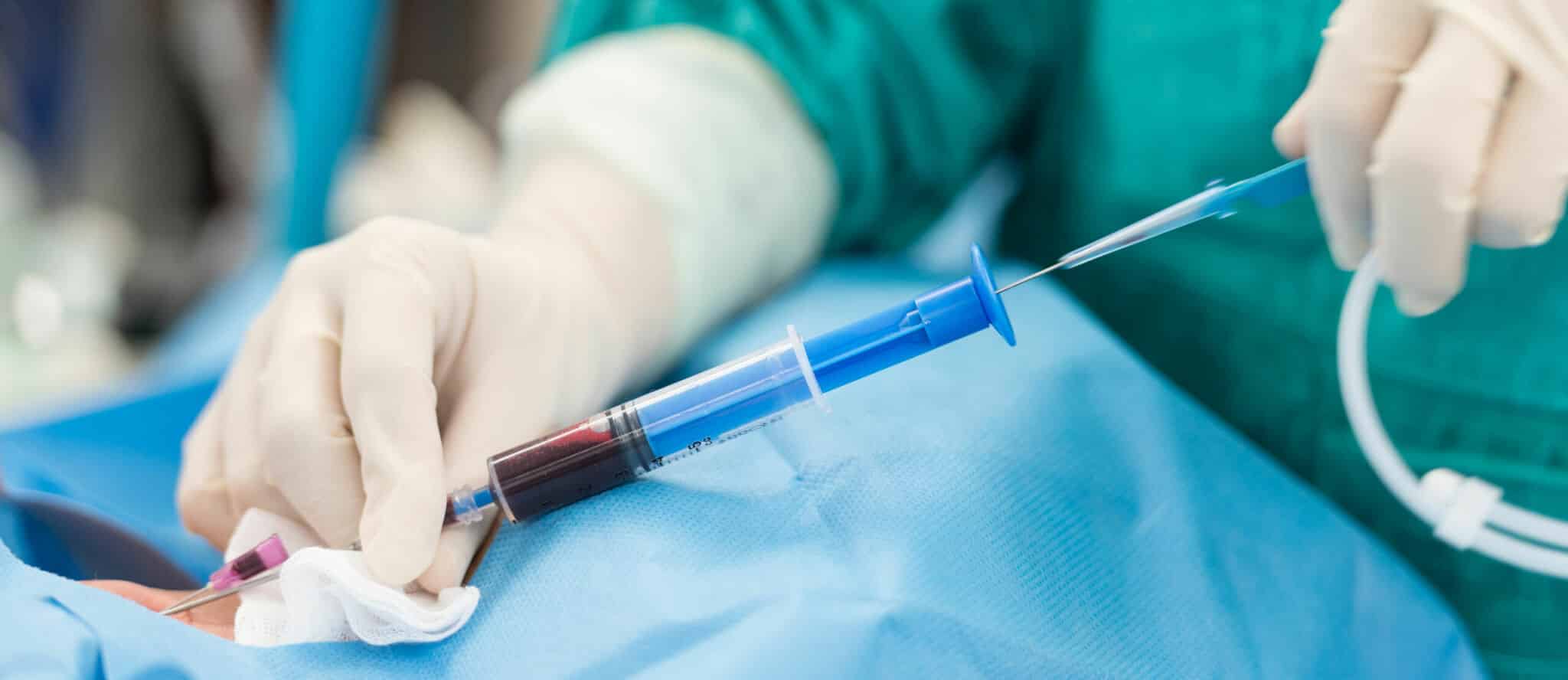

The First-level Short Specialisation Degree in Vascular Access, Implant and Management prepares professionals capable of covering a specialized, multiprofessional and multiequipe healthcare position, by ensuring suitable assessment, adequate specialist performance, correct resource allocation, cost reduction, and solid professional liability for the services provided.
The path integrates the general skills learned in basic and post-basic education, with the goal of forming a vascular access specialist, capable of relating to the patient and the professional figures present in the different healthcare settings, of collaborating with medical professionals on the operative decisions, and of planning surgeries so as to prevent duplicates, redundancies, waiting times, with the goal of ensuring high and efficient performance and effective results.
The First-level Short Specialisation Degree in Vascular Accesses, Implant and Management is provided in blended mode, that is, the educational portion can be done remotely, while the lab and traineeship preparation part is available in-person only. The remote section can be followed also by full-time workers, since it is provided on-demand through the Moodle multimedia platform of the University of Padua. It was designed for students and professionals who wish to combine other jobs and professionals with the need to qualify or further specialize.
Video lessons include homework available on-demand to certify the competences acquired.
The Project Work for the final exam will be done also on the on-line platform, in agreement with the tutor. While the dissertation will be done in-person, with the option of connecting remotely, just as the first day of the Master.
There will be a frequent and user-friendly interaction between students and professors through the Moodle Forum.
The First-level Short Specialisation Degree in Vascular Access, Implant and Management is addressed to doctors and nurses qualified to practice. Knowledge of the Italian language is required; however, no specific education or experience in vascular access device implant and management, or experience in a specific medical setting, is required.
The course is mainly addressed to professionals who wish to expand and certify their education, and undertake specialist roles of vascular access implant and management.
The reference work fields are hospital healthcare and local sanitary services, specifically, the intra-hospital and extra-hospital consultancy service, as well as semi-residential and residential home care services.
Lastly, the Master is also aimed at forming healthcare personnel who will carry out medical research activities, within the vascular access implant and management field.
The First-level Short Specialisation Degree in Vascular Accesses, Implant and Management provides in-depth training on the following modules:
- Role management and medical skills development
- Case management, care paths, continuous care
- Research and evidence based practice
The professional will also be well-prepared in relational aspects and will thus be able to interact positively with other corporate and territorial professional figures, thanks to the acquisition of transversal skills in communication, negotiation, contextual analysis, problem solving, and teamwork.
The general ranking of merit for the academic year 2024/25 will be published on the Italian page of this Master according to the timing provided in the Call.
Information
FAQ
It is mandatory to attend 70% of the Master, including also the traineeship/stage.
No, there is no admission test. The assessment will be made based only on the titles.
- No enrollment fee is required for students with disabilities who have a disability rating between 66% and 100% or who are certified under Law No. 104. They will only need to pay the pre-enrollment fee, insurance, and stamp duty;
- PA 110 e lode: all Public Administration employees who enroll in the master’s course enjoy a discount of 330 euros on the contribution of the second instalment, even in the event of payment of the registration fee by another person, for example by the belonging body. For further information on the criteria and methods of disbursement of any further ministerial contributions, we recommend consulting the pages dedicated to the protocol on the institutional website of the Department of Public Function:https://www.funzionepubblica.gov.it/formazione/pa-110-e-lode
- There is the possibility of supernumerary enrolment for University staff in order to allow continuous and permanent updating. The enrolment fee for the technical and administrative staff of the University is parameterised to the minimum enrolment fee set out in art. 24, paragraph 1 of these Regulations, and is equal to 20% of the quota. In the event that the technical and administrative staff of the University is in possession of the requirements for admission to the Course, once the course is completed, he/she will be able to obtain the relevant Diploma or Certificate; If they do not meet the admission requirements, they may be admitted as an auditor and obtain a certificate of participation
In the in-person section, the Master entails a first “hands-on” training period in the lab, followed by a traineeship/stage in one of the partner facilities for the medical training activity. Both sections will be organized at the end of the remote theoretical education period. Single students can suggest other facilities for the medical stage/traineeship, which will be required to stipulate a special agreement.
The stage/traineeship will be suggested to the attendees based on the availability specified by partner facilities, in order to allow everyone to reach the traineeship objectives. The periods will be assigned based on the ‘first come, first served’ principles.

